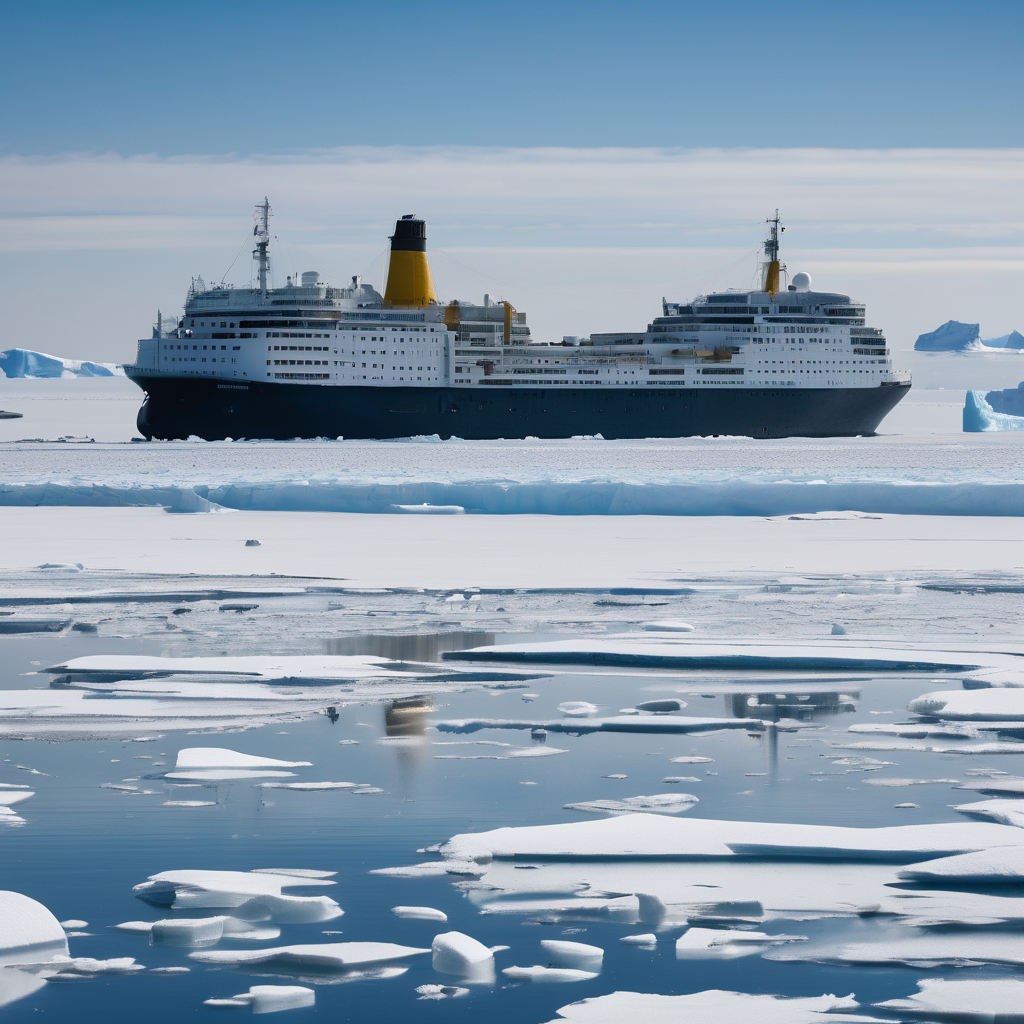The British Antarctic Survey (BAS) is making strides in its initiative to decarbonize marine operations, with its flagship research vessel, the RRS Sir David Attenborough, setting sail for a new season of scientific research in Antarctica. For its upcoming five-week voyage, the vessel’s engines will utilize hydrotreated vegetable oil (HVO), marking a vital advancement in BAS’s goal to diminish its carbon emissions, which currently represent approximately 60 percent of its total carbon footprint.
Regarded as one of the most sophisticated research vessels in the world, the RRS Sir David Attenborough has departed from Plymouth for the 2025/26 Antarctic field season. The ship will undertake a seven-month expedition, covering around 6,000 nautical miles to Montevideo, Uruguay, and then journeying on to Antarctica for extensive research.
BAS is advocating for the use of HVO due to its ability to potentially reduce carbon emissions by up to 94 percent when compared to conventional diesel fuel. This biofuel, derived from the hydroprocessing of oils and fats, is fully compatible with existing diesel engines and requires no modifications. Alongside this, BAS is focusing on sustainability by engaging with suppliers to ensure that HVO is responsibly sourced.
The expedition will involve over 60 scientific projects conducted at the five research stations operated by BAS. The research will encompass critical areas such as the impacts of climate change, oceanography, glaciology, and ecology, with major international collaborations and trials of advanced autonomous technologies included in the plans. Dame Jane Francis, the director of BAS, has emphasized the urgency of this research given the recent signs of global climate tipping points, which highlight the necessity for a comprehensive understanding of the changing Antarctic environment to bolster resilience both in the UK and globally.
The RRS Sir David Attenborough, constructed at a cost exceeding £200 million ($268 million), is designed to facilitate scientific research in extreme conditions. It has space for a crew of 30 and 60 scientists, equipped with provisions that include 1.2 tonnes of baked beans, 15,000 teabags, and two tonnes of bread flour.
This mission represents a promising commitment to sustainability and scientific progress, as BAS pursues its strategy of “Polar Science for a Sustainable Planet.” By investing in cleaner fuel alternatives and executing vital research initiatives, the organization is setting a course for achieving net zero emissions by 2040, which is a hopeful stride toward a sustainable future in the face of climate change challenges.
